Commercial Vegetables
-
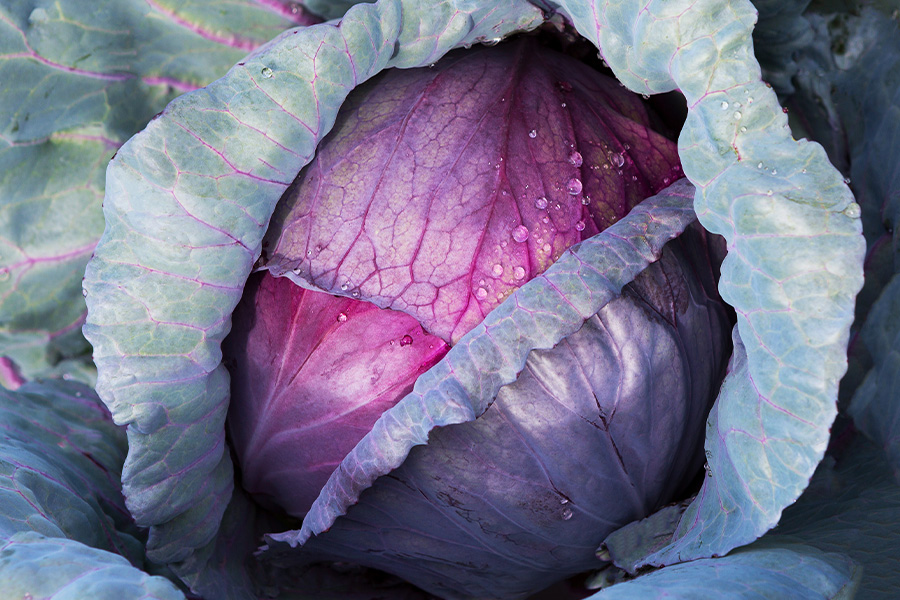
Red cabbage is a highly nutritious vegetable crop, rich in minerals, vitamins, and several other chemical compounds that are beneficial for human health, including phenols, proteins, glucosinolates and anthocyanins. While red cabbage belongs to the same group as the other cabbage varieties (white and green) widely produced and consumed in the state, red cabbage production and consumption in Georgia is still low. This publication contains basic information on crop management, food safety practices, and biochemical properties of red cabbage.
Laurel Dunn
|
-
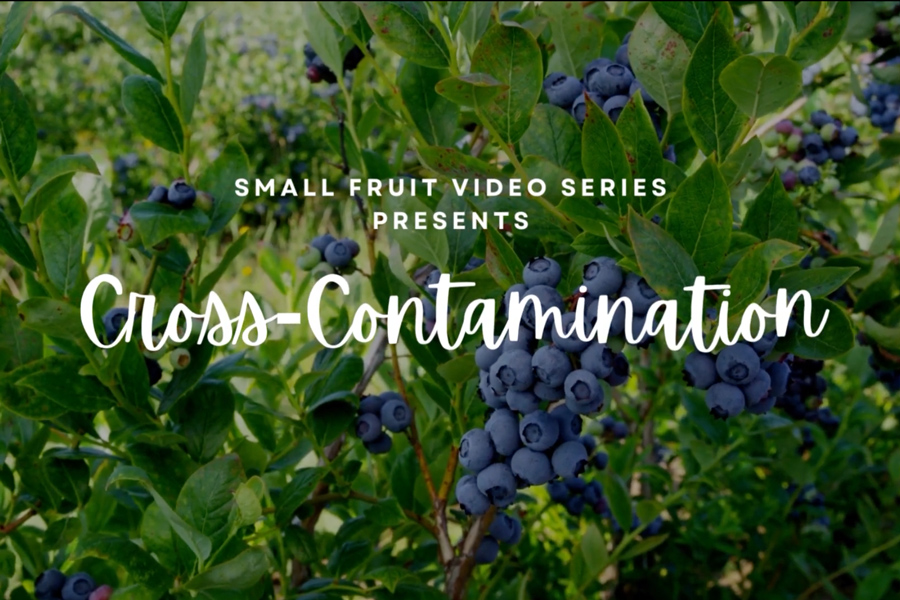
C 1300-02
Cross-Contamination
Cross-contamination, resulting in foodborne pathogen contamination of small fruits, can occur at any point throughout production and post-harvest handling. This video discusses techniques and best practices for growers and packers to ensure the production of safe, high-quality small fruits. This video was produced in collaboration with the Auburn Department of Horticulture.
Laurel Dunn and Angelos Deltsidis
|
-

AP 130-2-11
2024 Vegetables and Pulses Outlook
1. Total harvested area of vegetables and pulses decreased by 3.2% from 2021 to 2022, and fresh and processed vegetable area harvested decreased by 5.1%; the situation is expected to deteriorate in 2024.
2. 2022 total imports of vegetables and pulses were $18.7 billion, an increase of 11.1% compared to 2021; this import trend is expected to continue.
3. Per capita vegetable consumption may increase in 2024 but will not attain the level seen in the years 2020–2022.Esendugue Greg Fonsah and Ben Campbell
|
-

Subsurface drip irrigation is the practice of installing drip irrigation below the ground surface. This publication is designed to provide a brief introduction to the site selection, design, installation, and management of subsurface drip irrigation.
Timothy Coolong and Wesley Porter
|
-

This report provides research and extension results for trials conducted by the University of Georgia Vegetable Team and its collaborators in 2023. Contributing authors include county and regional faculty as well as specialists from UGA’s horticulture, plant pathology, crop and soil sciences, and entomology departments. All research has been supported by the Georgia Commodity Commission for Vegetables.
Timothy Coolong and Ted McAvoy
|
-
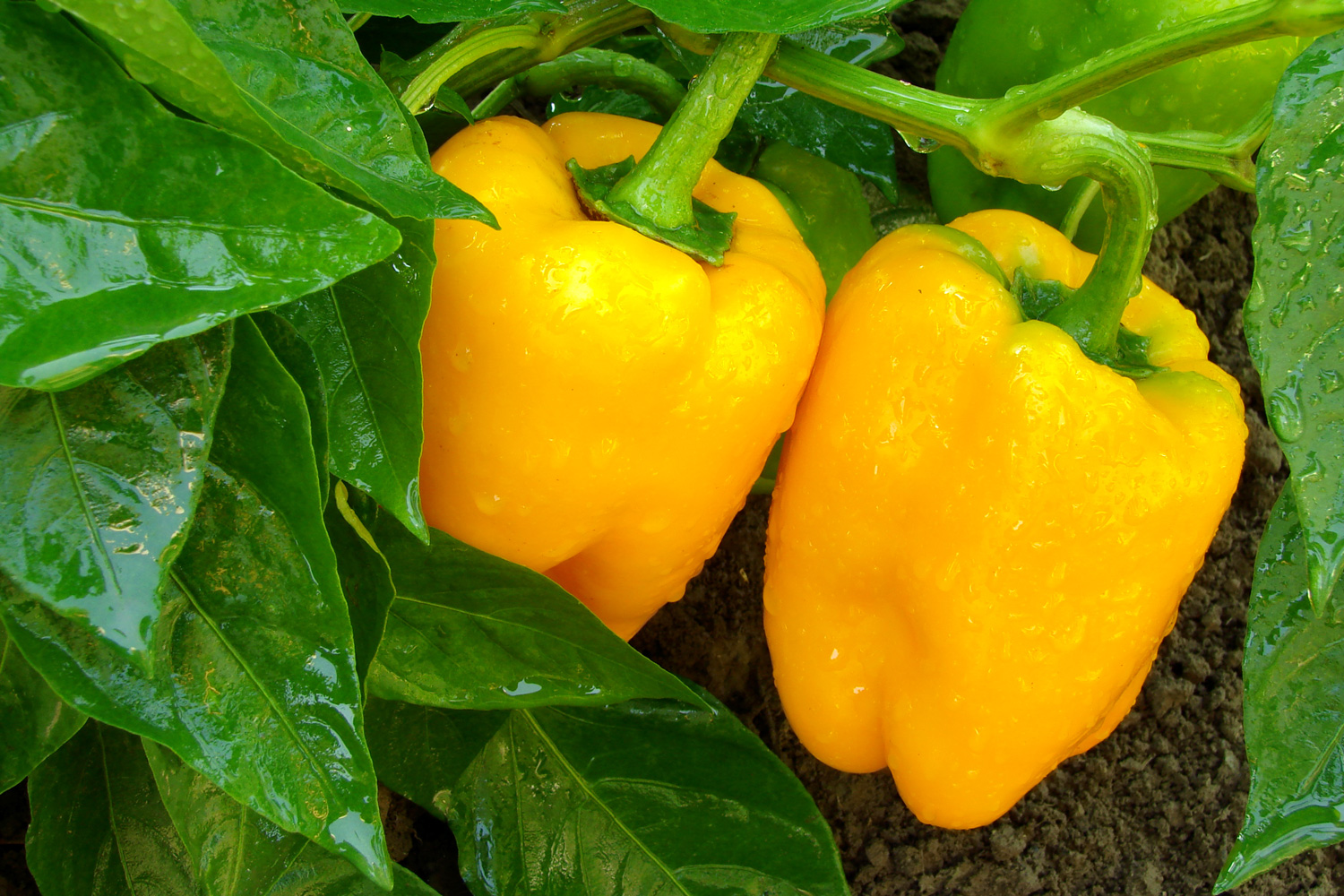
This publication is part of a series focusing on irrigation scheduling for vegetable crops. It contains basic information on water use and irrigation management using the crop water demand method for Solanaceae crops such as bell peppers, tomatoes, and eggplants.
Justin Shealey and Laurel Dunn
|
-
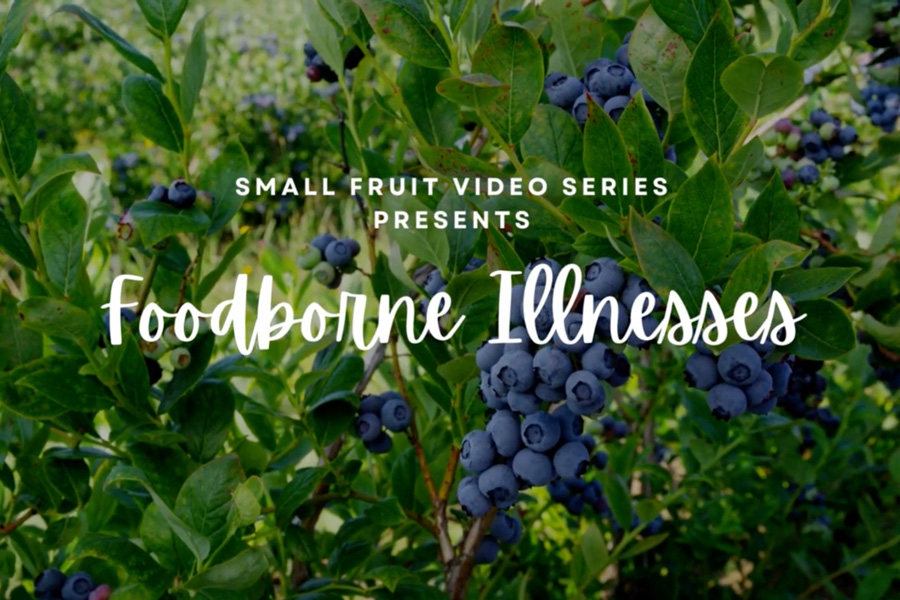
C 1300-01
Foodborne Illnesses
Foodborne illnesses sicken approximately 48 million Americans a year and result in significant financial losses for the food industry. Outbreaks of foodborne illness have been linked to consumption of small fruit products, but growers and packers can take precautions to reduce food safety risks on their operations. This video discusses what foodborne illnesses are, what causes them, and basic steps that can be taken to ensure the production of safe fruit. This video was produced in collaboration with the Auburn Department of Horticulture.
Laurel Dunn and Angelos Deltsidis
|
-

Many produce farms choose to exclude domesticated animals to prevent the spread of fecal contamination to produce crops. However, when farms allow members of the general public access to U-pick fields, on-farm restaurants, or roadside markets, the Americans for Disabilities Act (ADA) protects the rights of individuals who may require the assistance of a service animal. This publication explains what steps a farm must take to ensure an individual requiring a service animal is not excluded from on-farm activities, while also protecting food safety.
Laurel Dunn
|
-
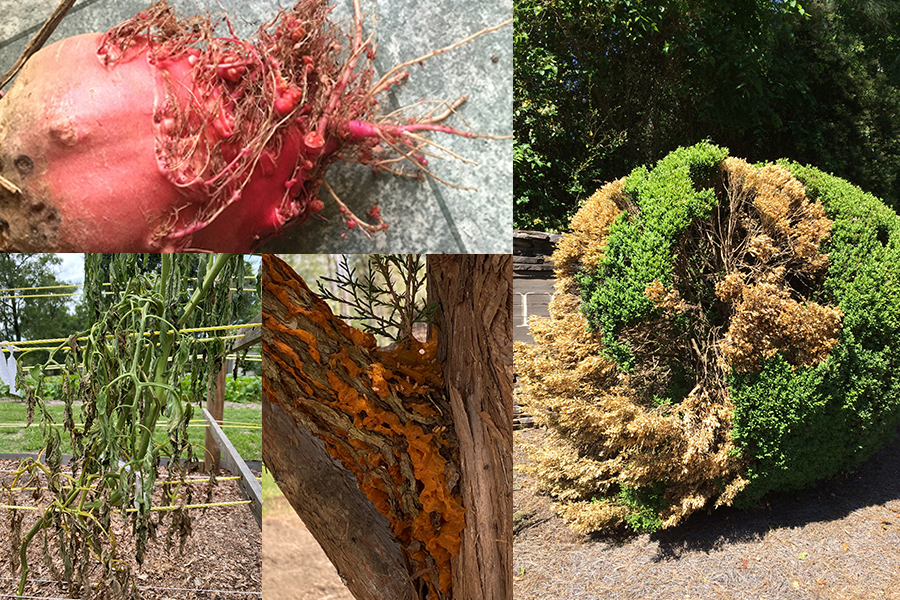
2021 plant disease losses, including control costs, amounted to an estimated $889 million. The value of the crops used in this estimate was approximately $7690 million, resulting in a 11.6% relative disease loss across all crops included in this summary. For most crops, the estimated values used to compute these disease losses are summarized in the UGA Center for Agribusiness & Economic Development’s “2021 Georgia Farm Gate Value Report” (AR-22-01). Some estimates for fruits, ornamentals, and turf rely on specialists’ knowledge of the industry and industry sources for information.
Harald Scherm and Elizabeth L. Little
|